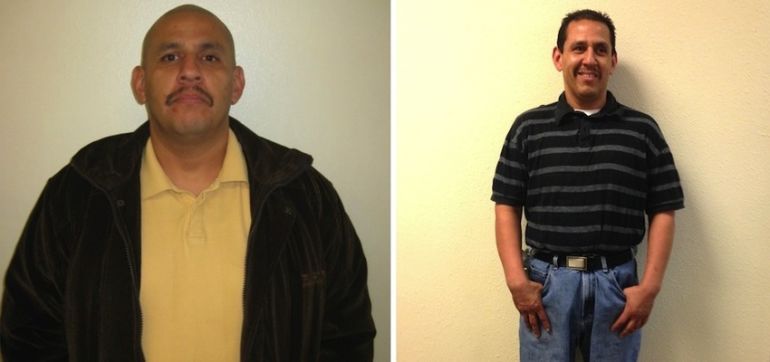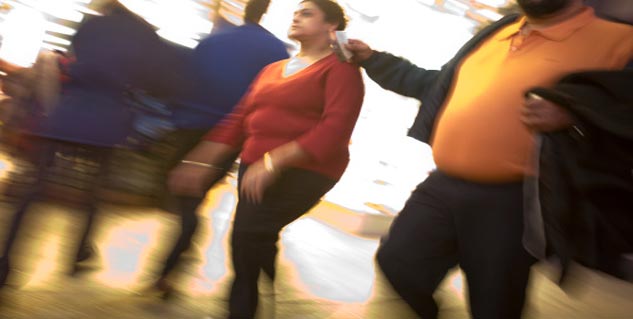Why Youre Probably Doing Sleep All Wrong: A Doctor Explains

Learn how to eat, move & live for longevity with Dr. Joel Kahn.
Preview latest class for free

In this Internet era, you can outsource almost every activity to the web — whether it's banking, grocery shopping, or even doctor visits via telemedicine.
However, as much as digital technology has replaced many services previously done in person, there are some activities I cannot ever see being replaced by a computer. There are just some areas you can't "hack."
Most important among them: sleep.
From a health perspective, sleep remains a vital primitive need that we share with all creatures. It's an opportunity to repair damage done during the day and begin each day with a fresh supply of DNA, mitochondria, antioxidants, and detoxification pathways.
If you're cutting corners on pillow time, you're unlikely to reach your goal of a cleaner, leaner body — no matter how many juice cleanses you do.
Many studies in large populations of adults have identified getting seven hours of sleep to be a health goal as important as nutrition, fitness, and stress management. Indeed, sleep is the foundation of success for those other three pillars of wellness.
Now, new research shows that maintaining a regular sleep schedule might be even more important than previously thought. In fact, catching up on sleep on the weekends, as many of us tend to do, might be to no advantage at all.
Scientists studied more than 400 healthy adults and had them wear a digital device to track sleep times. They identified the midpoint of subjects' sleep cycle during workdays and off days. Going to bed late and sleeping in on some days, such as during the weekend, or what's called "social jetlag," would shift the midpoint to later in the night.
So what were the consequences of moving that midpoint to later than on most other days? After adjusting for many variables, the researchers found that shifting sleep times resulted in:
- A lower HDL (protective) cholesterol level
- A higher fasting insulin level (a sign of insulin resistance and prediabetes)
- A higher triglyceride level (another health bummer, since a high level is linked to an increased risk of heart disease)
- A higher degree of body fat (no explanation needed here)
This new understanding of sleep has important consequences. There are almost 30 million Americans struggling with diabetes mellitus and more than one-third of the population is obese. And it's been previously shown that major changes in sleep patterns for shift workers (such as nurses and firefighters) can increase the risk of cancer, heart disease, and type 2 diabetes.
The findings shown here — that even small variations in sleep patterns can affect measures of wellness in otherwise healthy people — has large implications for how much we can really control our sleep and social lives without doing harm.
Recently, the belief that our ancestors routinely went to bed at dusk and woke at dawn has been challenged. But there is no doubt that in our modern world, we have many more opportunities to vary our sleep thanks to work and social calendars.
The bottom line: Social jetlag, and the health consequences that result from varying your sleep habits, now joins excessive sitting and other unhealthy aspects of modern life as a call to retain some primitive habits.
We should all aim for a “caveman- or cavewoman-like” regular seven hours of restorative sleep each night.
Photo Credit: Stocksy
-
Weight Loss Top Tips
Losing weight and keeping it off are maj
-
The Hope Diet How To Nourish Your Belief In Your Ability To Lose Weight
Helen Kellers life is a testament to the power of hope. When she was
-
Poor Sleep Habits Cause PCOS Weight Gain
One of the best, or maybe worst, kept se
-
Learn The Facts Can Diet Pills Keep You Lean
Yes, amazing is it not? Despite the fact that the fitness industry is
-
Hemp Oil Benefits: Aid In Losing Weight
The rate of obesity is high in the United States and other areas of th
-
Weight Loss Helps Kidney Function in Chronic Kidney Disease
Weight loss can greatly benefit obese individuals who have chronic kid
- DON'T MISS
- My Story: “Success Is Yours If You Refuse To Fail” (VIDEO)
- Walk Off the Fat: How to Lose 10 Pounds by Walking
- Control Comfort Eating with Hypnosis
- Free Natural Weight Loss Plans
- Healthy Eating - Don't Leave the Deck Without a Dinner!
- Weight Loss Tips To Implement Over Your Summer Vacation
- Getting your Body Healthy through Diet and Exercise
- How to Get Your Diet Started – Find Motivation To Lose Weight And Get Fat Off!
- Super Food For Losing Weight Fast
- How To Overcome Being Overweight




